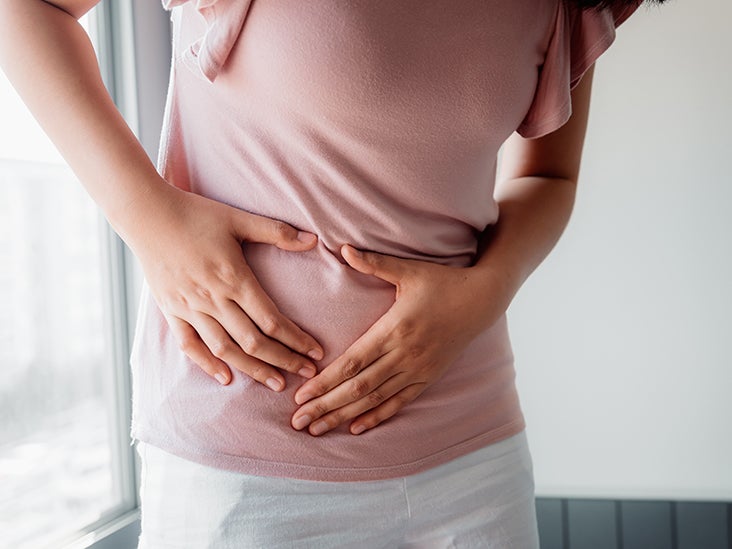

If you’re having digestive problems, the earlier you seek treatment, the better. Your doctor will help guide you as you gradually add fiber back into your diet following a flare up and discuss treatment options, which could include surgery, to address any concerns related to your diagnosis. Drinking at least eight 8-ounce glasses of water a day helps you stay hydrated and promotes gastrointestinal health. It also is important to make sure you are drinking plenty of water.
Vegetables such as spinach, peas or potatoesĪ listing of many foods and the fiber content can be found here. Fresh fruits like apples, pears or prunes. Beans, such as black beans or kidney beans. Whole grain breads, pastas, cereals and brown rice. Some high-fiber foods you may want to consider adding to your diet include: Men over the age of 51 should have a daily fiber intake of about 28 grams, and women of the same age should have about 22 grams of fiber each day, according dietary guidelines. Fiber also helps reduce pressure in the digestive tract. Fiber softens and adds bulk to stools, helping them pass more easily through your colon. Once your condition improves, your doctor may recommend a high-fiber diet. Yellow squash, pumpkin or zucchini (skins removed and cooked)Ī clear liquid diet would include water, ice chips, gelatin, ice pops, broth and coffee or tea without any cream, flavors or sweeteners. 
 Processed fruit like applesauce or canned peaches. Some low-fiber foods to consider during a flare-up include: If you are having a flare-up, your doctor may put you on a low-fiber or clear liquid diet for a time to give your digestive system a chance to rest and heal. It can lead to serious symptoms, including severe abdominal pain, bloody bowel movements, and an inflamed or infected pocket of tissue.Ī number of factors may lead to diverticulitis, including genetics, using certain medicines, obesity, smoking and not exercising. The pouches are formed when weak spots in your intestines give way and bulge out. But recent studies suggest those foods do not contribute to flare-ups and are fine to eat.ĭiverticulitis is a disease that affects your digestive tract and causes inflamed pouches in the lining of your stomach.
Processed fruit like applesauce or canned peaches. Some low-fiber foods to consider during a flare-up include: If you are having a flare-up, your doctor may put you on a low-fiber or clear liquid diet for a time to give your digestive system a chance to rest and heal. It can lead to serious symptoms, including severe abdominal pain, bloody bowel movements, and an inflamed or infected pocket of tissue.Ī number of factors may lead to diverticulitis, including genetics, using certain medicines, obesity, smoking and not exercising. The pouches are formed when weak spots in your intestines give way and bulge out. But recent studies suggest those foods do not contribute to flare-ups and are fine to eat.ĭiverticulitis is a disease that affects your digestive tract and causes inflamed pouches in the lining of your stomach. 
A diagnosis of diverticulitis no longer means you have a long list of foods to avoid.Īt one time, doctors recommended avoiding nuts, popcorn, seeds and even fruits or vegetables with seeds (like tomatoes or strawberries).








 0 kommentar(er)
0 kommentar(er)
